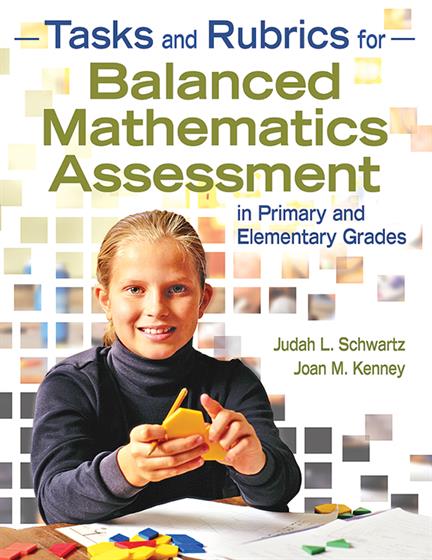Hands-on, Practical Guidance for Educators
From math,
literacy, science, equity, multilingual learners, and SEL, to assessment, school counseling,
and education leadership, our books are research-based and authored by experts
on topics most relevant to what educators are facing today.
Tasks and Rubrics for Balanced Mathematics Assessment in Primary and Elementary Grades
Engaging, easy-to-use assessments that inform instruction and learning!
This comprehensive, research-based book helps teachers collect accurate formative data about students' strengths and weaknesses and increase mathematical understandings for all learners. Using assessments linked to NCTM standards and carefully crafted rubrics that cover all elementary grade levels and mathematics topics, teachers can:
- Analyze the learning components of each task and show individual levels of success
- Adjust instructional strategies for an entire class or target individual learning needs
- Maintain a focus on accessibility and equity for all students
- Develop and refine students' mathematical thinking skills and prepare students for high-stakes tests
Product Details
- Grade Level: PreK-4
- ISBN: 9781412957311
- Published By: Corwin
- Year: 2007
- Page Count: 216
- Publication date: December 21, 2007
Review Copies
This book is not available as a review copy.




